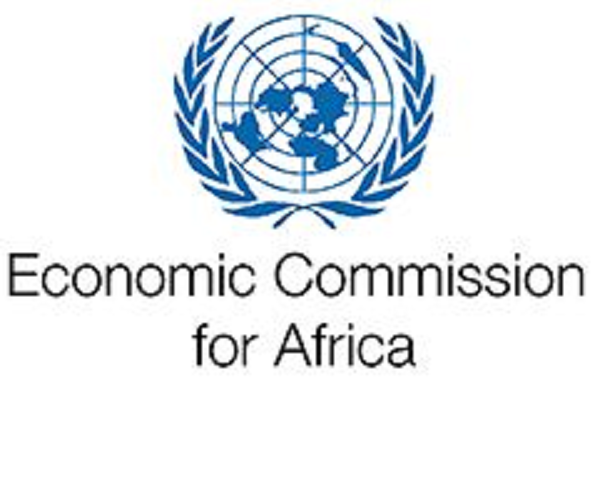Continental Free Trade Critical to Improve Africa’ Investment: ECA - ENA English
Continental Free Trade Critical to Improve Africa’ Investment: ECA

Addis Ababa, October 23/2020 (ENA)The African Continental Free Trade Area (AfCFTA) is a game changer for investment on the continent which in recent years has seen foreign direct investment (FDI) continuing to weaken, Regional Integration and Trade Division Director at the Economic Commission of Africa (ECA), Stephen Karingi underscored.
The Director made the remark on Thursday while presenting for discussion reports by the ECA on investment issues during the Annual Investment Meeting (AIM2020) Africa regional focused session advancing ideas for action on the AfCFTA.
“African economies continue to punch below their weight in terms of attracting FDI. Moreover, FDI to the continent continues to weaken,” the director stated.
While FDI inflows reached 56.6 billion USD in 2015, they had fallen to less than 42 billion USD by 2017; he said and added “This figure represents less than three percent of the global investment flows”.
According to the director, many African economies remain dependent on exports of primary commodities which are particularly prone to shocks.
FDI is a catalyst of economic growth, structural transformation and regional integration on the continent Karingi pointed out.
In this regard, African economies need FDI as a means to build productive assets, a vector of positive spill over-effects and an additional and relatively stable source of development finance, said the director.
African countries can surmount a number of policy and regulatory challenges through the AfCFTA to attract greater investment, for instance by linking individual chapters of the agreement and achieving coherence on the various policy areas they cover; and by harmonizing heterogeneous approaches to investment regulation in Africa, he added.
The director further said African regional integration has gained momentum with the current efforts to establish the AfCFTA.
“Intra-African investments in particular can be conducive to structural transformation and regional integration in that they can underpin African trade and its industrial contents, enable economies of scale and can facilitate entry into regional and global value chains,” he noted.
AfCFTA is a continental trade block that will cover a market of 1.2 billion people and a gross domestic product (GDP) of 2.5 trillion USD, across all 55 member States of the African Union.
In terms of numbers of participating countries, AfCFTA will be the world’s largest free trade area since the formation of the World Trade Organization, according to ECA.